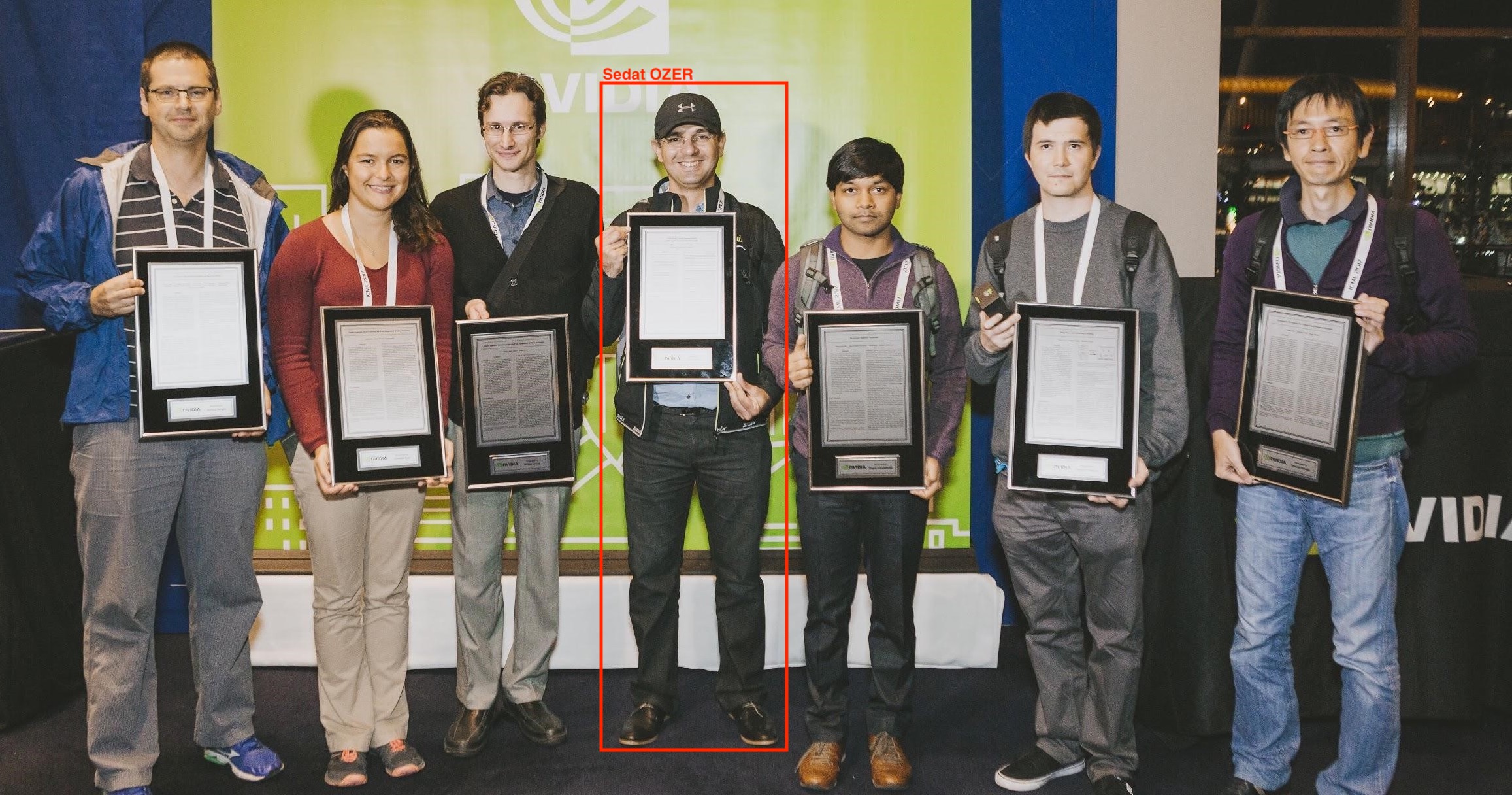
Dr. Sedat Ozer is a researcher, a machine learning scientist and a data analysis expert. He is currently working on robot vision and machine learning related problems for autonomous systems.
I AM CURRENTLY LOOKING FOR PHD STUDENTS and POSTDOCs. I have funding to support multiple PhD students (and postdocs) to work on TUBITAK projects related to AI and computer vision for autonomous systems. If you are interested, send an email to: sedatist@gmail.com
Dr. Sedat Ozer is a recipient of TUBITAK's prestigious "2232: International Fellowship for Outstanding Researchers" and currently he is hosted by the Department of Computer Engineering at Bilkent University. Before reciving TUBITAK's fellowship, as a researcher, he worked at Center for Research in Computer Vision (CRCV) at UCF. Before UCF, he was at CSAIL, MIT where he worked with Daniela Rus in Distributed Robotics Lab as a researcher. Before MIT, he was a postdoctoral associate at the Virginia Image and Video Analysis (VIVA) Lab at UVa with Scott Acton. Dr. Ozer received his PhD in the ECE dept. at Rutgers. His advisor was Deborah Silver. His dissertation title was: Activity Detection in Scientific Visualization. He is the founder of FUTURE AI R&D Labs (currently no additional company website is available).
He is a scientist by nature and an (electrical and computer) engineer by education. He likes studying and discussing the theory behind our daily world applications, their validity and applicability in general (in other fields). We have the tendancy of believing any "theory" presented to us, if it is provided with "some" logical evidence. However, while mostly true theories, sometimes a theory is confused with an hypothesis and (possibly due to a misuse of the term theory) such an hypothesis is also presented to us as a theory. These type of "theories" usually work only under certain assumptions which limits their applicability in general. This is where he likes doing research at, by enhancing the generality of what is available. Specifically his research interests overlap the following fields:
-
Data, Signal, Image, Video Processing & Analysis,
-
Machine Learning, Deep Learning, learning to learn, meta-learning
-
Visual Object Recognition & Detector Design,
-
3D Object and Group Tracking & Scientific Visualization,
-
Activity Detection and autonomus systems.